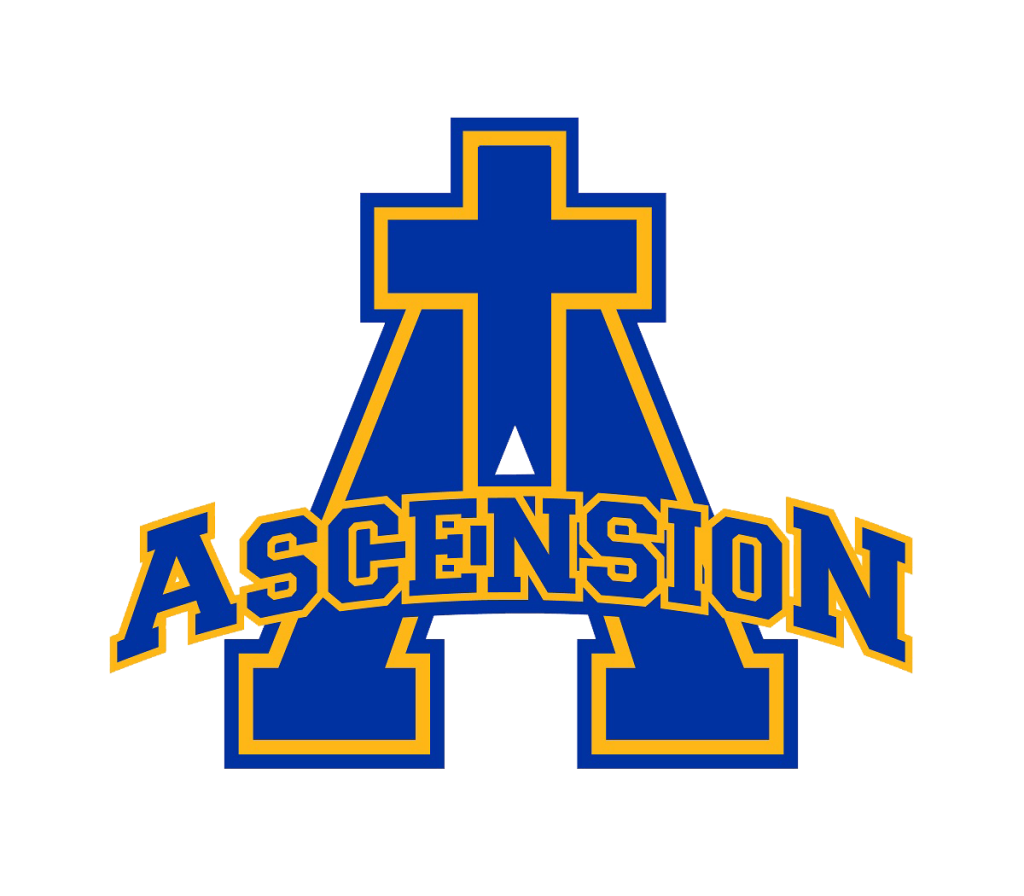The loss of a family member or friend is a very difficult time for those left behind who are presented with many different choices. We have compiled this guide in order to assist you in understanding and planning the Funeral Rites.
This guide can be used at any time. You can refer to it when you are faced with these decisions because your loved one just passed away or you can make your wishes clear to your family ahead of your death by choosing personal preferences such as a funeral home/mortuary, what readings and music, and where you want your final resting place to be.
In this guide, you will find an overview of the rites, actionable steps, and references. We invite you to read this guide in order to help you make your choices and complete the forms at the end. Please bring them with you to the meeting with our funeral facilitator, who is here to assist you.
If you are using this information to pre-plan your own funeral, please give a copy of the completed forms to a trusted family member. You may also leave a copy of the completed form with the parish office or a funeral home.
Printable Guide (Includes Forms)
If you need to plan on the road or prefer to follow along with paper, download and print the below guide. Everything found on this page should be included.
The Three Components of Funeral Rites
The Vigil Service (Wake) begins the Funeral Rites and is the time when family and friends of the deceased gather to reflect upon that person’s life and express their own feelings. The Vigil is usually held at the funeral home/mortuary during visitation on the evening before the funeral liturgy. This rite may include prayers, scripture, a homily, petitions, and eulogies. The rosary or other devotionals may also be included.
The Funeral Liturgy is the principal celebration of the Christian Funeral. It is here that family and friends join together to reaffirm the belief that life has not ended and that we are one with Christ in life, death, and Resurrection. The family has a choice of Scripture readings and a selection of appropriate hymns. Our facilitators will suggest ways for family and friends to participate in the celebration.
The Rite of Committal (Burial) concludes the Funeral Rites and consists of Scripture and short prayers. It takes place near the final resting place of the deceased person, such as the gravesite, mausoleum, or cemetery chapel.
Note about Cremation: While there is a preference for traditional burial, the Church has permitted cremation since the 1960s. The Church teaches that the cremated remains should be kept together (not scattered or divided) to respect the body as the temple of the Holy Spirit as well as to express our faith in the resurrection of the dead on the last day. Cremated remains should be interred.
Rituals & Symbols
The Funeral Pall is a reminder of our Baptism into the death and resurrection of Christ. We welcome family members to take part in placing the pall on the casket at the beginning of the Funeral Liturgy and assist in its removal as the body is about to be removed from the Church.
Holy Water sprinkled at the baptismal font reminds us of one’s Baptism, which united us with Christ’s death and resurrection.
Incense is used as a sign of respect for the body, which is a temple of the Holy Spirit, and of our prayers rising to the throne of God. It is used during our final farewell as we commend our loved one to God.
The Paschal Candle stands near the altar as a reminder of the presence of the Risen Christ who has conquered sin and death and lives among us. This candle also reminds us that our loved ones share in the victory of Jesus over the powers of darkness.
Making Arrangements
Your first step in planning a Funeral is to call a local funeral home/mortuary, preferably one familiar with our parish (eg. Ratterman, Highlands, Bosse, etc.) During your meeting with the Mortuary, they will ask for information that you can also fill in on our attached “Funeral Rites Planning Form”. Most importantly, they will need to contact our Parish Office to confirm the day and time for the Funeral Liturgy.
You should provide a “Contact Person” for your family. Our funeral facilitator may reach out to them to assist with further planning and to answer any questions.
Once the Funeral Liturgy is scheduled, or if pre-planning, our funeral facilitator will contact you with more information or to schedule a time to meet. At that meeting, the facilitator will walk you through the Funeral Liturgy as well as other ways Ascension may be able to accommodate your needs. If anything seems unclear in the guide, contact the facilitator or complete the forms to the best of your knowledge and prepare any questions you might have.
Family and friends may serve in various roles in the funeral services, though some roles (such as lector at mass) require the person to be Catholic and to have experience.
At the visitation, a eulogy may be given, and a rosary or other prayers can be led. A family member or friend may lead these, and the parish can provide you with the relevant texts as needed.
At the Funeral Liturgy, the parish can provide ministers (lector, altar server, cantor, accompanist, gift bearers, etc.). If you have family or friends who are able to fill these roles, they are welcome to, as long as they are trained in the role and are Catholic, if the role requires them to be (such as lector). A person does not have to be Catholic to be a gift bearer. A family member or friend may also share words of remembrance after Communion.
Frequently Asked Questions
At a funeral mass, the homily is primarily based on the Scriptures and the mysteries of our faith, but after Communion a family member or friend may speak in remembrance of the deceased.
Words of remembrance may also be offered at the visitation or the burial. These are also the appropriate places and times for playing favorite secular tunes or showing slides or PowerPoint® displays of photos of the deceased.
“Words of Remembrance” are a short (3-5 minute) tribute to the faith life of the deceased loved one. In cases where the family would like to have “words of remembrance”, a member of the family should contact the funeral coordinator to discuss this idea and begin the planning process.
It is suggested that the family members list things that they want to mention and compile them into one reading. Then, select one member of the family or a close friend to deliver them following the Prayer after Communion, before the Final Commendation. Please refer to this example. They should do their best to prepare in advance.
A eulogy recounts some or all of the significant events in the life of the deceased. Words of remembrance do not attempt to give a biography, but to share some insight into the faith and values of the deceased as seen in one or two examples from his/her life. A eulogy by its very nature tends to be lengthy, while words of remembrance are brief.
Some Catholic funerals are losing their essential nature as an act of worship of God and prayer for the soul of the deceased, and becoming settings for a series of eulogies; while the funeral is a time of support for the bereaved family and friends, there should also be consideration of other factors: people taking time off work to attend, funeral directors having difficulty scheduling with funeral homes or other liturgical events;
If one speaker becomes emotional and has great difficulty delivering his/ her words, the situation becomes uncomfortable for the assembly and often results in more grief for the bereaved at a time in the liturgy when they have hopefully been lifted a little beyond grief through the Eucharistic celebration; this possibility is compounded when there are several speakers;
It has happened on not a few occasions, inappropriate remarks glossing over the deceased’s proclivities (drinking prowess) or about the Church (attacking its moral teachings) have been made at funeral Masses, embarrassing the priest, the family, and the congregation and becoming the focus of the service.



